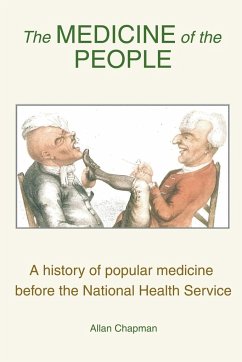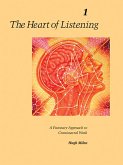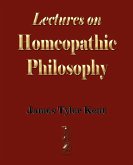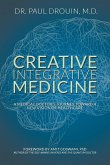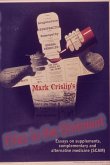So much research in the history of medicine has been devoted to the development of medicine as a progressive science. The Medicine of the People, however, looks at the medical perceptions of lay people over the last four centuries. Lying at the heart of these perceptions is a set of ideas first formulated by Hippocrates, Aristotle and other ancient Greek physicians, which tried to understand illness in terms of vital properties. These included the four Humours of Yellow Bile, Black Bile, Blood and Phlegm, the centrality of the heart as a 'sensitive' organ, the brain as a cooling plant for the blood, and health as a state of balance between hot, cold, moist and dry forces. Such a notion of disease runs through Chaucer, Shakespeare and the early academic physicians, though it lost scientific credibility in the eighteenth century. Seventy years after the institution of the National Health Service in Great Britain, The Medicine of the People traces the persistence of the old traditions before its foundation - through popular writers, preachers like John Wesley, Victorian quack advertising and even music hall songs. Based on extensive archival research and interviews with elderly people and doctors, The Medicine of the People looks at an approach to medicine originating in the ancient world, widespread in mediaeval times, familiar to Shakespeare's groundlings, part of the culture of Victorian factory-workers and which came to be re-invented as alternative medicine.
Hinweis: Dieser Artikel kann nur an eine deutsche Lieferadresse ausgeliefert werden.
Hinweis: Dieser Artikel kann nur an eine deutsche Lieferadresse ausgeliefert werden.

